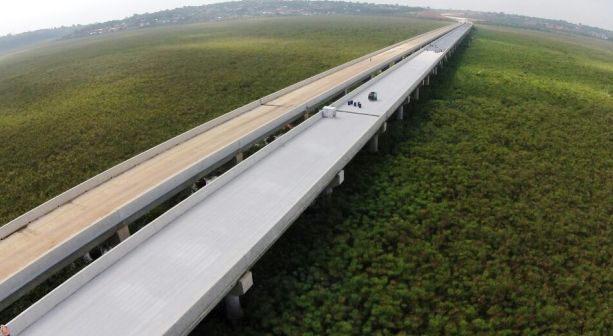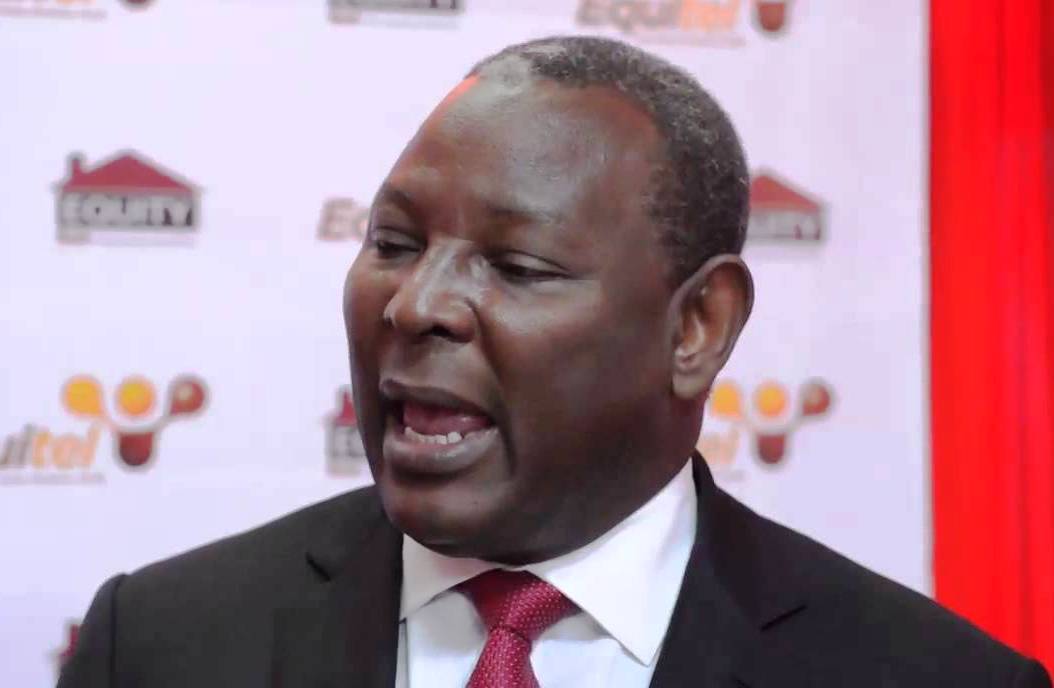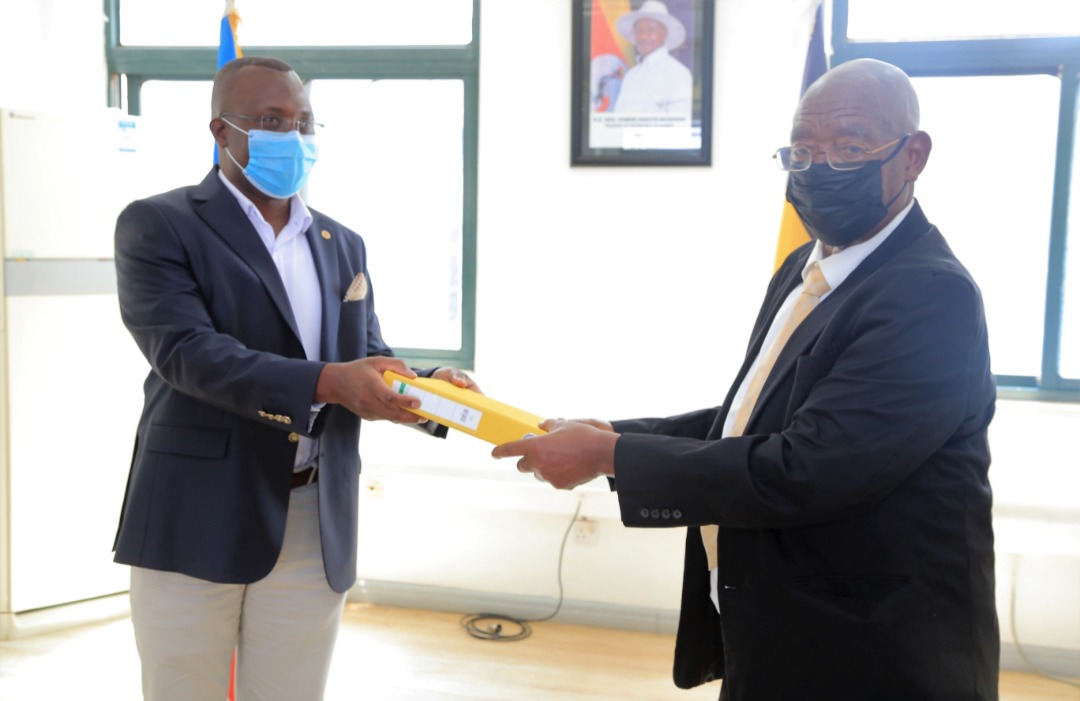Government is set to legally start collecting toll fees on the multi-billion Kampala-Entebbe Expressway after President Yoweri Museveni signed the Road Bill into law.
The latest development was communicated by Government spokesperson and Uganda Media Centre Executive Director, Ofwono Opondo via his official twitter handle.
“President Kaguta Museveni has assented the Road amendment Act recently passed by Parliament which will among others pave way to institute the collection of road toll on the Entebbe Expressway by UNRA (Uganda National Roads Authority),” Opondo said.
It should be noted that in May 2019, Parliament passed into law the Roads Bill, 2018 after the Bill was tabled before Parliament on 26th September 2018 and referred to the committee on Physical Infrastructure for consideration.
Minister of Works, Monicah Azuba who tabled the Bill said the Road Bill is intended to reform and amend the law relating to the development, management and maintenance of public roads and access to roads in order to conform with current Government policies, plans and programmes.
Azuba argued that the existing laws governing the roads sector in Uganda namely; the Roads Act, 1949 and the Access to Roads Act, 1969 are outdated and grossly incapable of meeting contemporary trends in the management, administration and access to public roads.
She added that the two Acts only cover a limited range management of roads and are not sufficient to address current of the issues concerning management, administration and access to public roads.
Clause 6 of the Bill provided for the tolling of roads and bestows power upon the Minister to declare any road, group of roads or a portion of a road as a toll road in consultation with the Ministry of Finance and the relevant road authority.
The Bill had proposed to give Uganda National Road Authority powers to sell off unclaimed vehicles that had been towed to Police but Parliament instead bestowed those powers on Police given the sale and auctioning of abandoned vehicles should be done by the police since it is the body mandated under Article 212 (a) of the Constitution and section 4 (1)(a) of the Police Act, Cap 303 to protect property.
The Bill also criminalises placing or burning on a public road, any substance that can damage the public road, bridge, ferry as well as spilling oil on roads and person found doing so commits an offence and is liable, on conviction, to a fine not exceeding 20,000 currency points approximately Shs400M but the fine was reduced to Shs500,000 to make them commensurate to the offences.
The Bill in Clause 66 had proposed a penalty of two thousand currency points approximately Shs400M for anyone caught slaughtering an animal in the middle of the road but the fine was reduced to fifty currency points approximately Shs1M to make it commensurate with the offences.
Parliament also voted to delete Clause 69 that sought to criminalise walking along the road while under the influence of alcohol, narcotic drugs or other banned substance; or places himself or herself in a road in such a manner as to cause danger or inconvenience to traffic, commits an offence and is liable, on conviction, to a fine not exceeding two thousand currency points (Shs400M) or imprisonment not exceeding one year, or both.





